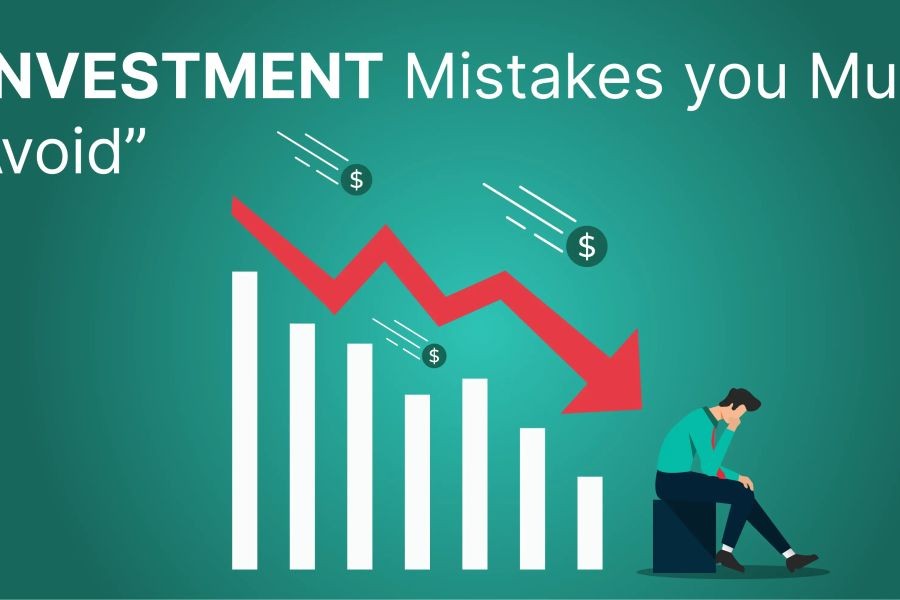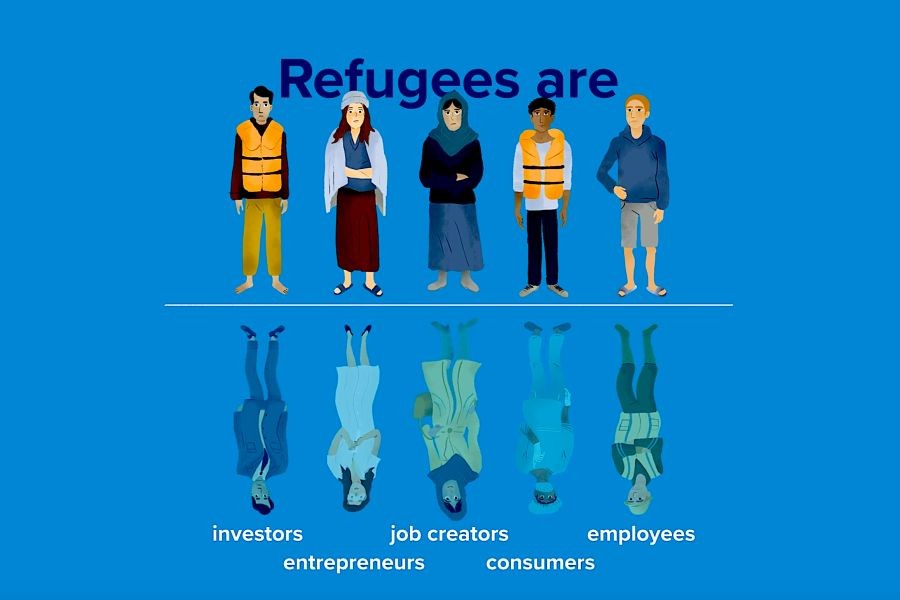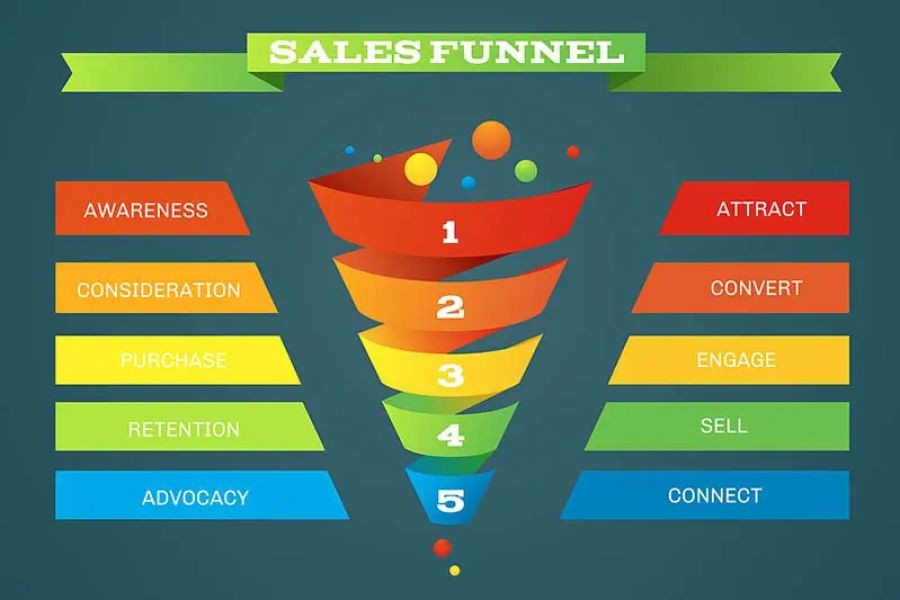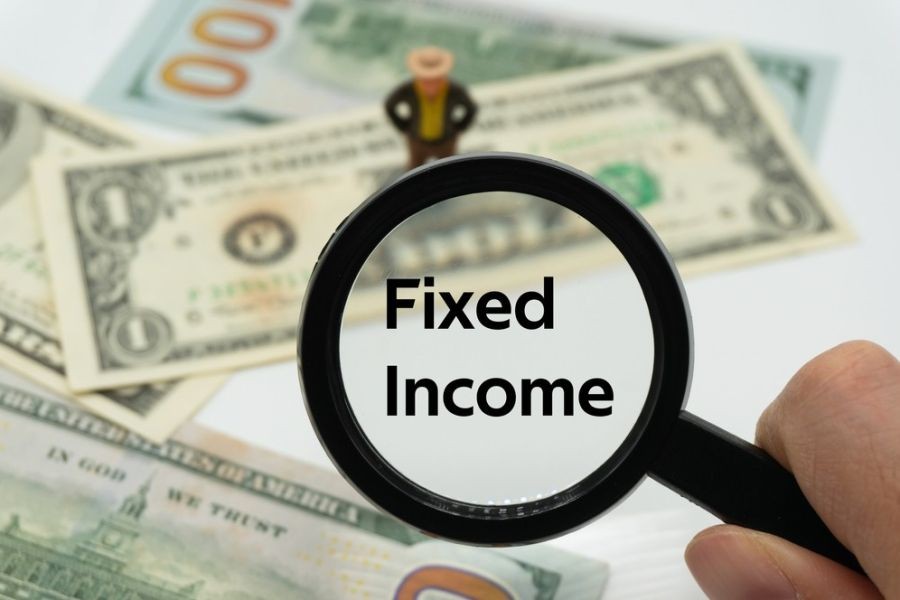In the intricate tapestry of New Zealand's sociopolitical landscape, the question of how religious beliefs intersect with political affiliations is increasingly pertinent. This debate has been reignited by David Seymour, leader of the ACT Party, and his assertion that religious figures should not influence political discourse. But would Jesus vote for ACT? This question not only challenges ecclesiastical leaders but also prompts a deeper examination of how faith informs political choices in New Zealand’s dynamic socio-economic environment.
Understanding the Intersection of Faith and Politics
Religion has historically played a significant role in shaping political landscapes globally, and New Zealand is no exception. With Christianity being the predominant religion, it's vital to explore how its tenets might align—or conflict—with the policies of political parties like ACT, known for its libertarian views and advocacy for minimal government interference.
The ACT Party's policies focus on individual freedom, economic liberalism, and a reduction in government size. These principles can sometimes clash with Christian teachings that emphasize community, support for the less fortunate, and a moral framework that guides governance. The juxtaposition of these ideologies raises questions about the potential synergies and conflicts between faith and politics in New Zealand.
New Zealand’s Economic Landscape: A Critical Context
New Zealand’s economy is characterized by its small size and openness, heavily reliant on international trade and innovation. The Reserve Bank of New Zealand reported a GDP growth of 2.4% in 2023, indicating a resilient yet evolving economy. In this context, the ACT Party’s economic policies, which advocate for reduced taxation and deregulation, aim to foster an entrepreneurial environment conducive to economic growth.
However, church leaders argue that such policies may overlook the needs of vulnerable populations. According to a report by Stats NZ, income inequality has been a growing issue, with the top 10% of earners capturing a disproportionate share of income growth. This raises ethical considerations about the role of government in addressing societal disparities, a core concern for many religious communities.
Case Study: The Role of Faith in Policy Development
One illustrative case is the involvement of religious organizations in New Zealand's response to social issues. The Salvation Army, a well-known Christian organization, has been instrumental in advocating for policies that address poverty and social justice. Their initiatives often clash with the ACT Party’s stance on social welfare, highlighting the tension between faith-driven advocacy and libertarian policies.
Problem: The Salvation Army aimed to reduce child poverty rates, a persistent issue in New Zealand, exacerbated by rising living costs and housing shortages.
Action: The organization launched community support programs and lobbied for increased government intervention in social welfare.
Result: Their efforts contributed to a 10% reduction in child poverty in targeted areas, underscoring the potential impact of faith-based initiatives on public policy.
Takeaway: This case study exemplifies how religious organizations can influence policy development, advocating for societal needs that may be overlooked by market-driven approaches.
Debating the Ethics of Political Endorsements by Religious Leaders
The debate over whether religious leaders should endorse political parties is contentious. Advocates argue that faith inherently involves moral guidance, which can inform ethical political decisions. Conversely, critics warn that such endorsements may blur the lines between church and state, potentially alienating followers who hold diverse political views.
Advocate Perspective: Proponents believe that religious leaders have a duty to guide their congregations on moral and ethical issues, including political choices that align with their faith’s teachings.
Critic Perspective: Opponents caution against the potential for religious endorsements to divide congregations and influence political outcomes unduly.
Middle Ground: A balanced approach might involve religious leaders providing moral guidance without overtly endorsing specific political entities, allowing individuals to make informed choices aligned with their values.
Common Myths About Religion and Politics
- Myth: Religious people vote uniformly based on faith.
- Reality: Voter behavior among the religious is influenced by a variety of factors, including economic conditions and personal values. A study from the University of Auckland found that 60% of religious Kiwi voters consider economic policies alongside moral beliefs.
- Myth: Religion should be kept entirely separate from politics.
- Reality: While separation of church and state is a legal principle, religious values inevitably influence individual political decisions and policy-making, as evidenced by faith-based advocacy groups in New Zealand.
Future Trends: The Evolving Role of Religion in Politics
The future of religion’s role in New Zealand politics will likely be shaped by broader societal changes. As New Zealand becomes increasingly diverse, with growing secular and multicultural communities, political parties may need to navigate more complex religious landscapes. According to a report by MBIE, religious diversity is expected to increase significantly by 2030, necessitating more inclusive and nuanced policy approaches.
Moreover, the advent of digital platforms allows religious communities to engage in political discourse more dynamically, potentially amplifying their influence on policy development.
Conclusion: Navigating Faith and Politics in New Zealand
The intersection of faith and politics in New Zealand presents both challenges and opportunities. As church leaders and political figures debate the role of religion in governance, it’s crucial to foster dialogue that respects diverse perspectives while addressing the socio-economic realities of Kiwi life.
Final Takeaway: To navigate these complexities, individuals and organizations must balance moral convictions with pragmatic policy considerations, ensuring that faith remains a guiding force for ethical governance.
What's your perspective on the intersection of faith and politics in New Zealand? Share your thoughts and join the conversation!
People Also Ask
- How does religion influence politics in New Zealand? Religious values often guide moral and ethical decision-making, influencing policy development and voter behavior.
- What are common misconceptions about faith and politics? One myth is that religion should be entirely separate from politics, but faith-based advocacy often shapes public policy.
- How can religious organizations impact policy? By advocating for social justice and community welfare, religious groups can influence policy outcomes, as seen in the Salvation Army's initiatives.
Related Search Queries
- Religion and politics in New Zealand
- ACT Party policies and Christianity
- Church leaders and political endorsements
- David Seymour and religious influence
- Christianity's impact on New Zealand politics
- Faith-based policy advocacy
- Religion's role in public policy
- Separation of church and state in New Zealand
- Economic implications of religious policies
- Religious diversity and political change in New Zealand































ceciliaharitos9
2 months ago